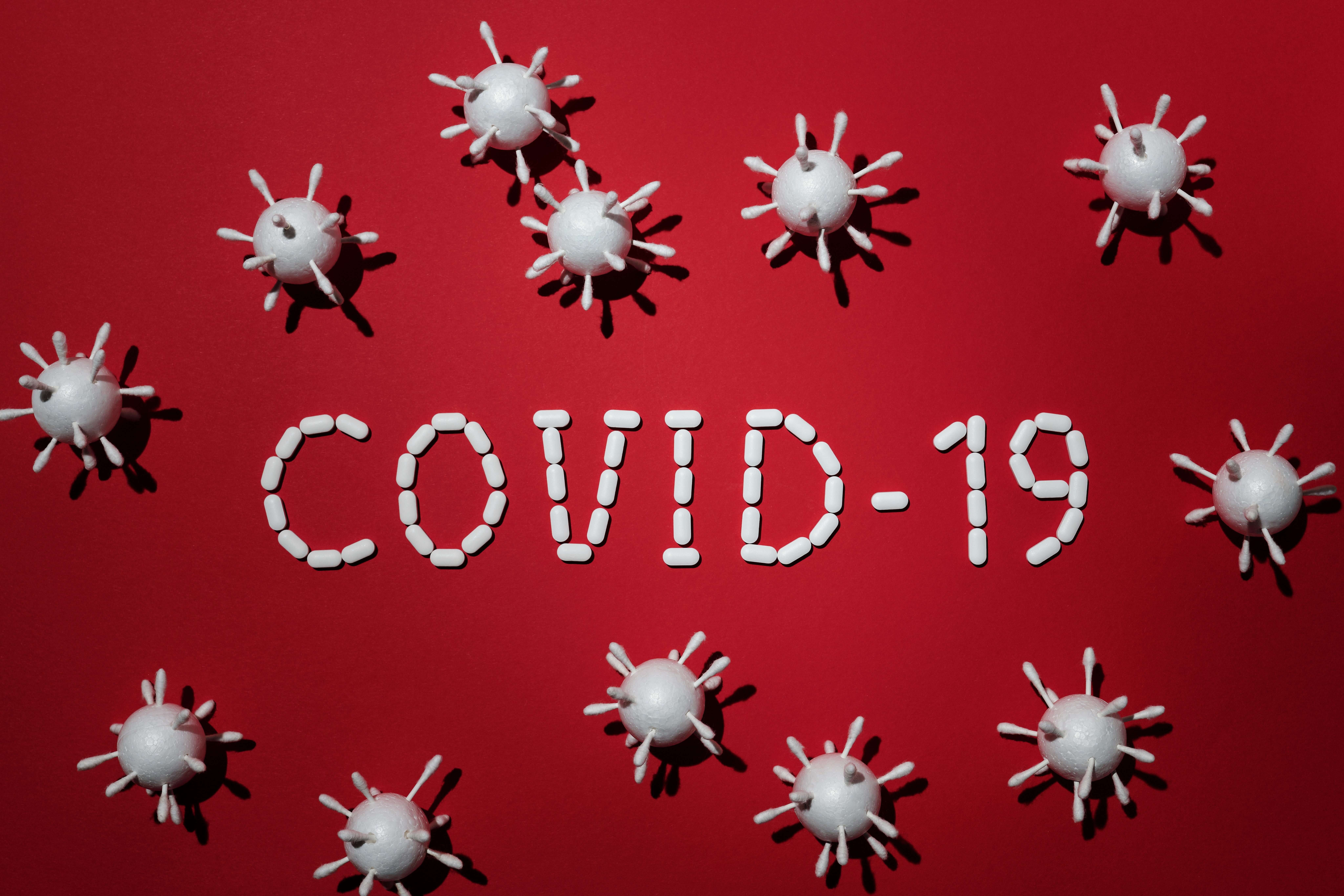As families reemerge and establish their new normal after the covid 19 pandemic, teens may find themselves needing the tools for emotion regulation and interpersonal skills.
Dialectical Behavior Therapy (DBT), a therapeutic approach developed by Dr. Marsha Linehan, has emerged as an effective tool in addressing these challenges. DBT’s unique blend of cognitive-behavioral techniques, mindfulness practices, and validation strategies makes it particularly well-suited for helping teens build emotional resilience, regulate their emotions, and improve their interpersonal skills.
Understanding Dialectical Behavior Therapy (DBT)
Dialectical Behavior Therapy is a comprehensive and evidence-based form of psychotherapy that was originally designed to treat borderline personality disorder. However, over the years, its effectiveness has been recognized in addressing a wide range of emotional and behavioral issues, including anxiety, depression, self-harm, substance abuse, and eating disorders. DBT is rooted in the concept of dialectics, which emphasizes the integration of seemingly opposing viewpoints to arrive at a balanced perspective.
How DBT can help Teens:
1. **Engagement and Connection**: DBT therapists work to create a safe and supportive environment where teens feel understood and accepted. This strong therapeutic alliance encourages teens to actively participate in the treatment process.
2. **Skill Acquisition**: DBT teaches practical skills that teens can apply in their daily lives. The structured nature of the therapy ensures that these skills are broken down into manageable components, making them accessible and relevant for teenagers.
3. **Validation and Empathy**: Validation, a core component of DBT, helps teens feel acknowledged and heard, reducing their emotional distress. By validating their experiences, therapists enable teens to develop self-compassion and a healthier self-image.
4. **Holistic Approach**: DBT encourages a balanced approach to emotional well-being, emphasizing both acceptance and change. This resonates with teens who often grapple with conflicting feelings and desires, guiding them toward a harmonious integration of their experiences.
5. **Long-Term Benefits**: The skills learned through DBT can serve teens well beyond their adolescent years, equipping them with valuable tools to manage stress, navigate relationships, and handle challenging situations throughout their lives.
Dialectical Behavior Therapy has proven to be a transformative approach in assisting teenagers to navigate the emotional rollercoaster of adolescence. By incorporating mindfulness, distress tolerance, emotion regulation, and interpersonal effectiveness skills, DBT equips teens with the tools they need to manage their emotions, build resilience, and foster healthy relationships. The application of DBT with teens provides a promising avenue for promoting mental health and well-being during this critical stage of development, setting the stage for a more empowered and fulfilling future.

